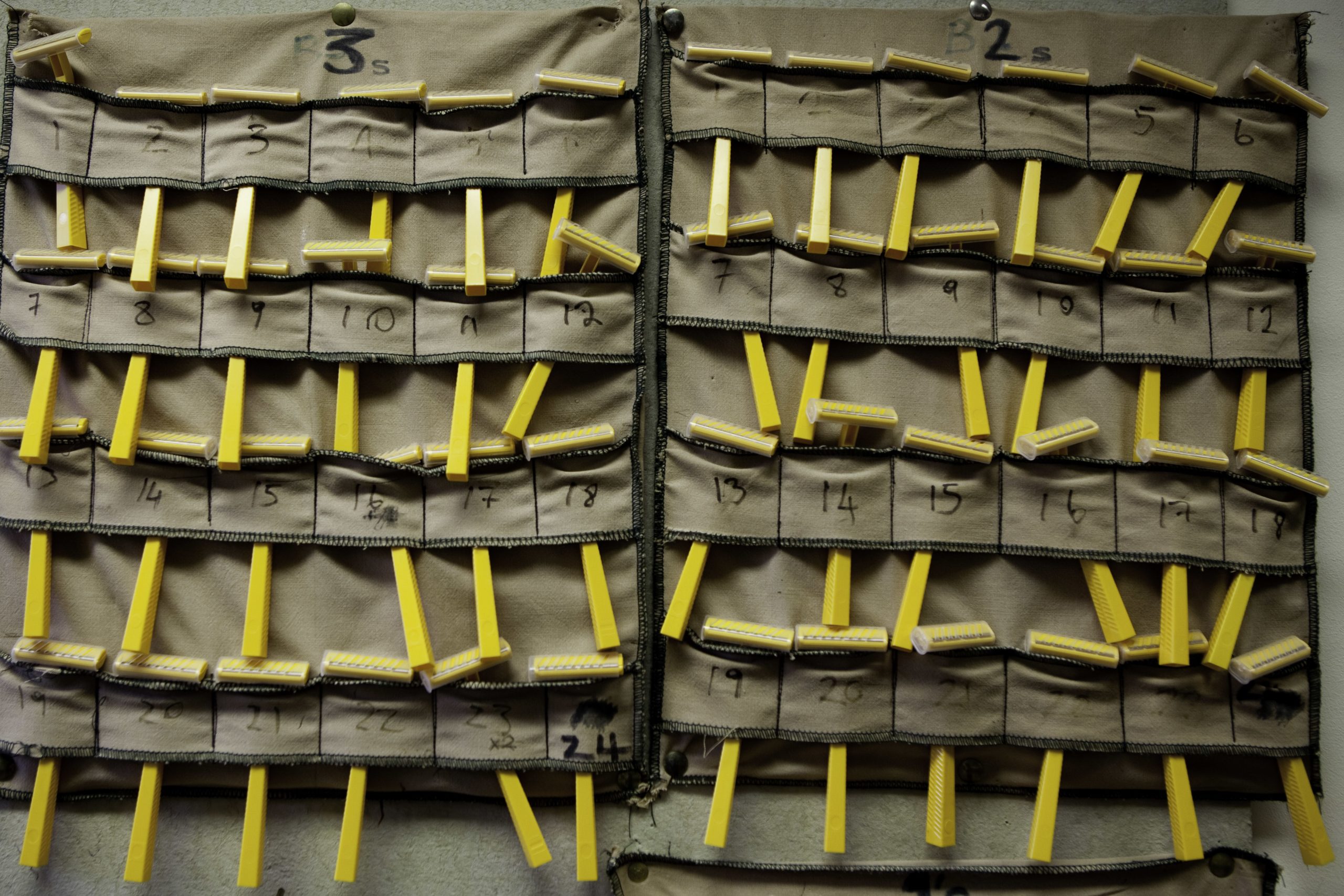[contextly_auto_sidebar]
Seven months ago, I presented the Ministry of Justice with a 300-page report of the Independent Review I had led for them into the deaths of young people in prison. Published formally at the beginning of July, there is still no sign of the government’s response.
The problem of course, is not going away. In the first nine months of 2015, there were 69 self-inflicted deaths in prisons, 12 of which were young people under 24. Every single one of those deaths represents a failure by the British State to protect the people concerned. A failure that is all the greater because the same criticisms of the prison authorities occur time and time again.
My review examined 87 cases in detail. Many of the young people’s problems and vulnerabilities, including mental health issues, had been evident from an early age. So why did so many of them end up in custody?
Billy Spiller was 21 when he died in prison in November 2011. His mother told us:
‘Throughout Billy’s life I tried to get proper care and support for him but the doors were shut in my face. From the moment he was sentenced to imprisonment, I knew that they wouldn’t be able to look after him. They should have diverted him from the courts or made sure that everybody in prison had training to deal with him.’
And then there was the case of Nicholas Saunders – 18 when he died in April 2011. His pre-sentence review had recommended a community disposal but the sentencing judge decided prison was the best option for him. The documents however, describing his vulnerability and a previous suicide attempt were not transferred when he was moved from HMP Woodhill to HMYOI Stoke Heath. Six weeks later, he was found hanging in his cell from a ligature attached to a light fitting. There had been a similar suicide from a light-fitting at the same establishment just a few years earlier.
Or the even earlier case of Joseph Scholes, 16 when he died in 2002. Joseph had a long history of vulnerability, repeatedly told staff he would kill himself and was never seen by a psychiatrist. When he did make a noose from a bed-sheet and hang himself from the bars of his cell, he left a message for his mother and father telling them he couldn’t cope and that ‘I tried telling them and they just don’t fucking listen’.
Let nobody be under any illusions, prisons and young offender institutions are grim environments, bleak and demoralizing to the spirit. The experience of being there is not conducive to rehabilitation. It is made much worse however, when coupled with the impoverished prison regimes caused by staff shortages – a situation that can only get worse with likely budget cuts. There also needs to be a fundamental shift in the philosophy of prison. The punishment imposed by the court is the deprivation of liberty – once in prison, the primary purpose should be rehabilitation.
But the central message of my review was that much more needs to be done to support young adults not only after they come into contact with the criminal justice system, but also before they get into trouble. Their problems are often evident from a young age – yet their difficulties are not addressed early enough or effectively enough.
The government’s Troubled Families Programme concentrates the efforts of all public agencies to resolve the problems of families which, if left unresolved, are a drain on the state’s resources. Why not adopt a similar approach to the needs of ‘Troubled Adolescents’? Why not reinvest and redirect resources to the health and welfare system to resolve the issues creating the problems for the troubled child or adolescent before they ever enter the criminal justice systems? Or maybe invest in effective alternatives to custody if they do get into trouble? It will be money well-spent and will reduce the numbers in prison, enabling better support and rehabilitative efforts for those who do become prisoners.
Prison is a hugely expensive intervention whose so-called benefits are questionable. It has a relatively low impact on crime and rates of re-offending are high particularly among young adults. As the Prime Minister, Chancellor, Lord Chancellor and their colleagues wrestle with the upcoming Comprehensive Spending Review, you would have thought the solution was obvious: invest early in young people, and resolve their problems so they don’t get into trouble.
Delaying action until the resource position is easier is not an option. It would mean young people continue to die unnecessarily in our prisons. It will also mean we continue to waste countless millions of pounds in failing to rehabilitate those who could be rehabilitated, in locking them up when a non-prison option would be more appropriate, and in failing to intervene early on to prevent them from entering the criminal justice system.
Those tragic cases considered by our review deserve as their memorial for somebody to listen. This time it must be different. We owe them no less.
You can read the House of Lords debate on Lord Harris’s review into the deaths of young people in prison







